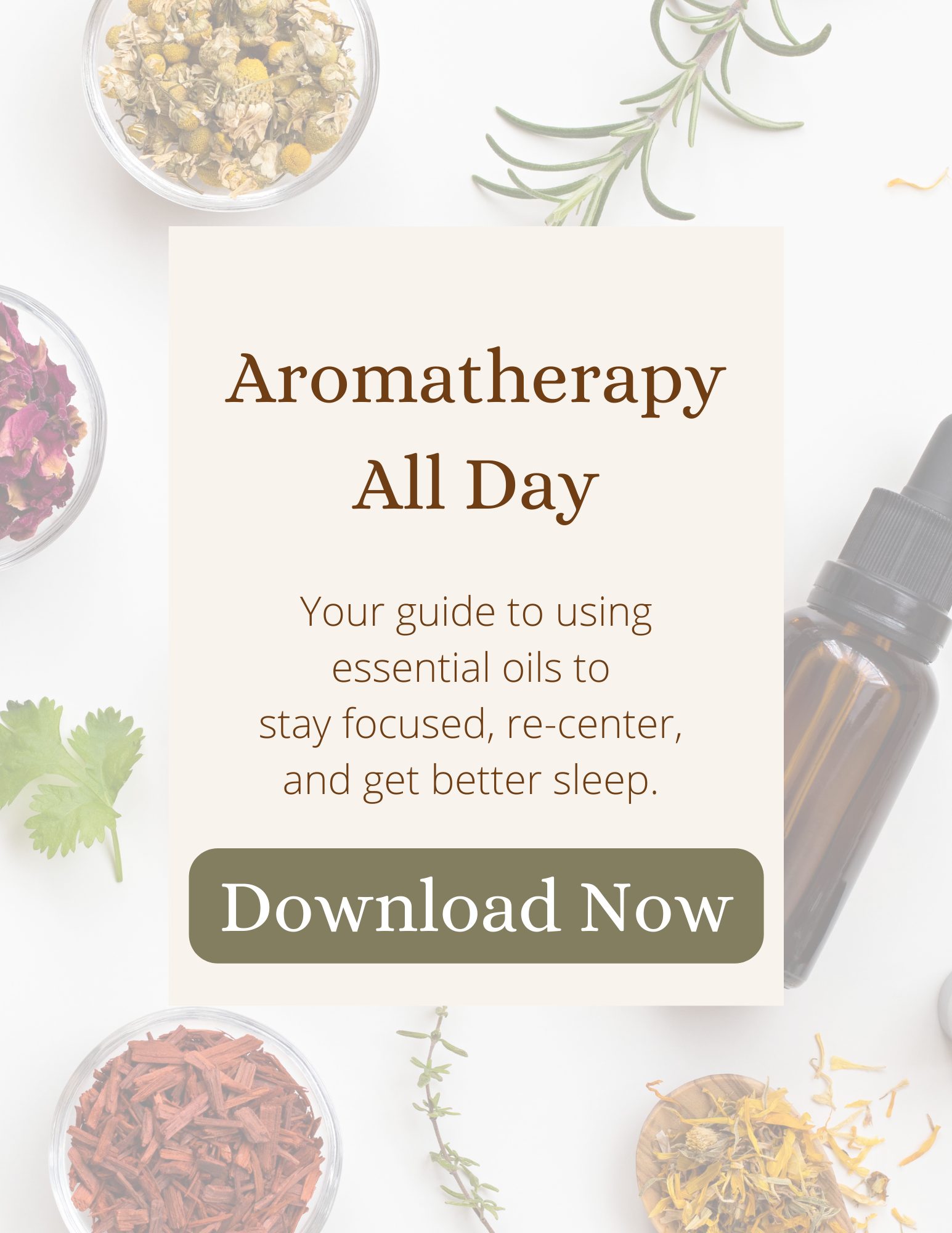The Best Way to Write (not just for "writers")
/You don't have to be a "writer" to write.
Some say that the people who don't call themselves "writers" have an easier time with writing because there's less on the line. The expectation of writing something "good" isn't present for non-writers.
Or, I should say, isn’t AS present.
After teaching writing to writers and non-writers alike for over a decade, I know that we all struggle with judging what we put down on the page. Sometimes so much that we’d rather just not write anything at all.
Writing, for me, is an essential part of what I do. From writing this blog, to writing for my business, to journalling and writing to explore what's going on within myself, putting my thoughts on the page or screen has gifted me with so much.
I believe that we can all benefit from a practice of writing and I know I'm not alone.
In The Artist's Way, Julia Cameron prescribes a daily writing exercise for all creatives, not just writers. She explains that writing 3 pages of whatever is on your mind each morning helps clear the space for other creative ideas to flow. I agree with that wholeheartedly. In fact, I use the website www.750words.com every day to do a similar practice that helps me write these blogs for you each day.
I've also seen writing and journalling help many others who wouldn't necessarily describe themselves as "creative." Studies have shown that writing about ones fears or anxieties can lessen them. Writing about trauma can decrease the effects of the trauma. This is where my mission of helping you get in touch with your creativity and educating on different ways of healing merge together.
But if you stop yourself from putting pen to paper at all, writing can't do much for you.
So for the next week, I'm going to breakdown a technique of writing that I've relied on for many years.
When I was in high school, my first poetry mentor introduced me to the work of Natalie Goldberg. She is most well-known for her book on writing called, Writing Down the Bones. In this book, she explains that writing begins with the practice of letting ourselves write our "first thoughts." Meaning that we allow ourselves to write, unedited, and remain curious to what pours out.
Since most of us have learned many ways of censoring ourselves, this can be a difficult practice -- even for those of us who have practiced it for years! (Trust me on that one.)
To teach her students and readers how to bypass the Internal Censor (or Critic, it's sometimes called), Goldberg devised 6 guidelines for how to write your first thoughts.
These guidelines can be used in automatic writing, journaling, creative writing, writing for work or school, or any other writing you might find yourself needing to do.
Keep watching the blog this week to learn more about how to write more often and improve it as well.
I’ll break down the first guidelines for you tomorrow.
For now, I'd love to know:
Have you ever tried writing without censoring yourself? How did it go?
What do you struggle with when it comes to allowing your "first thoughts" to come forth?




